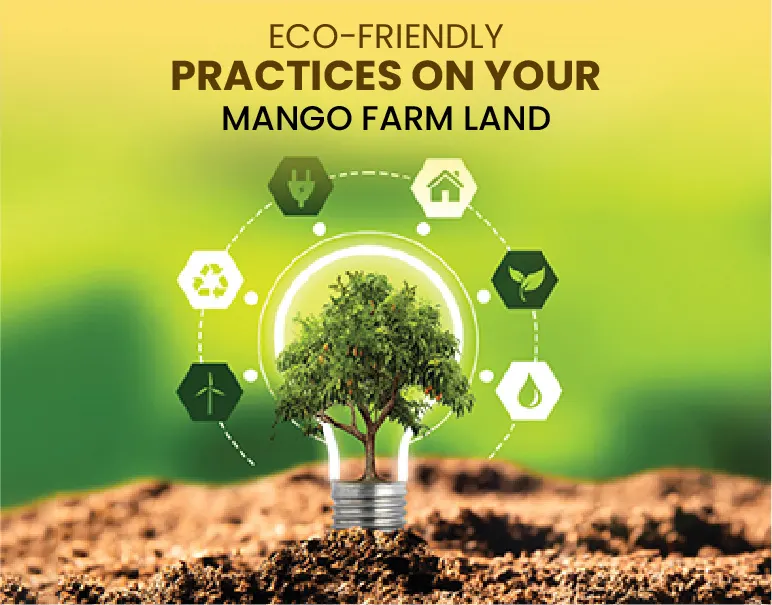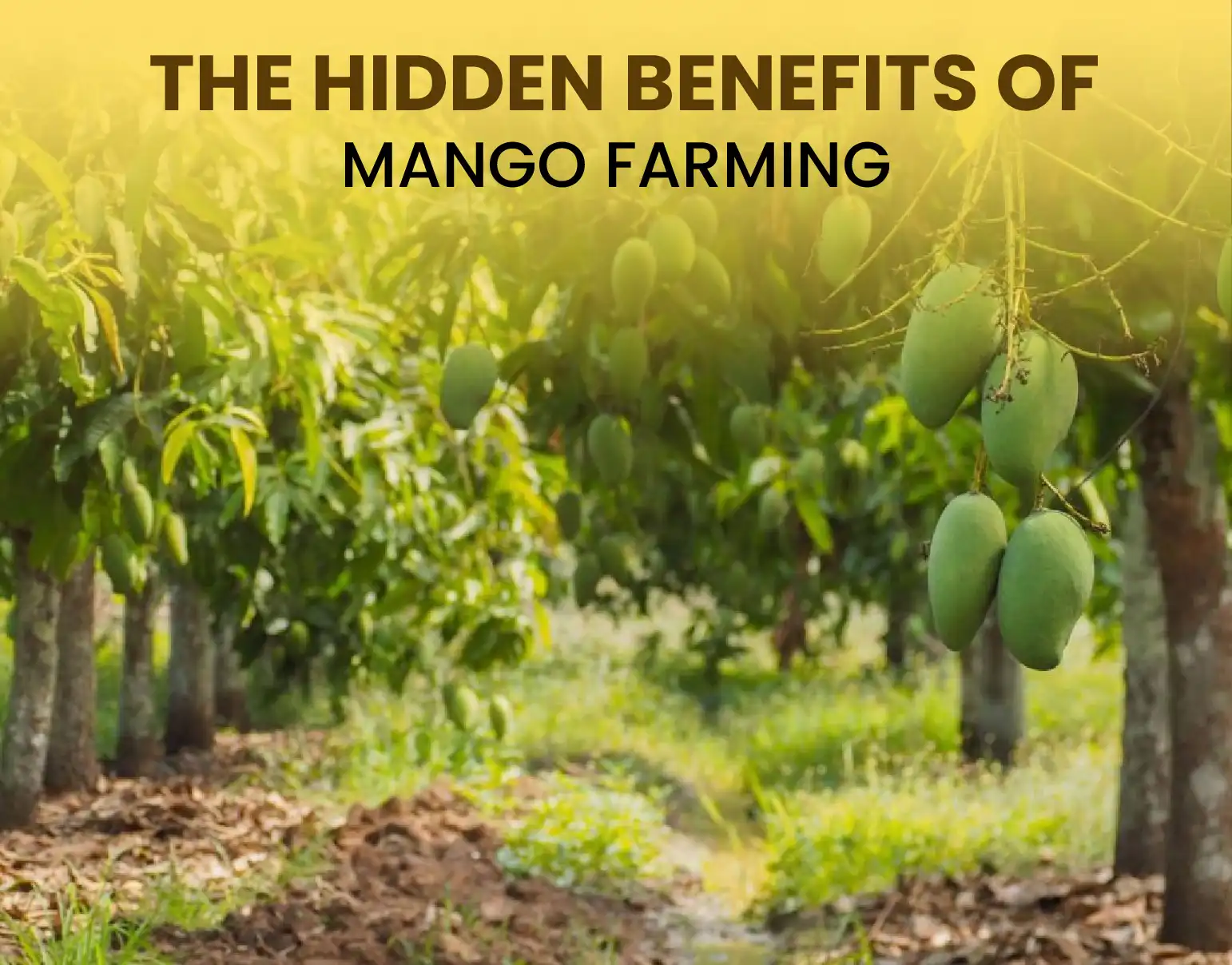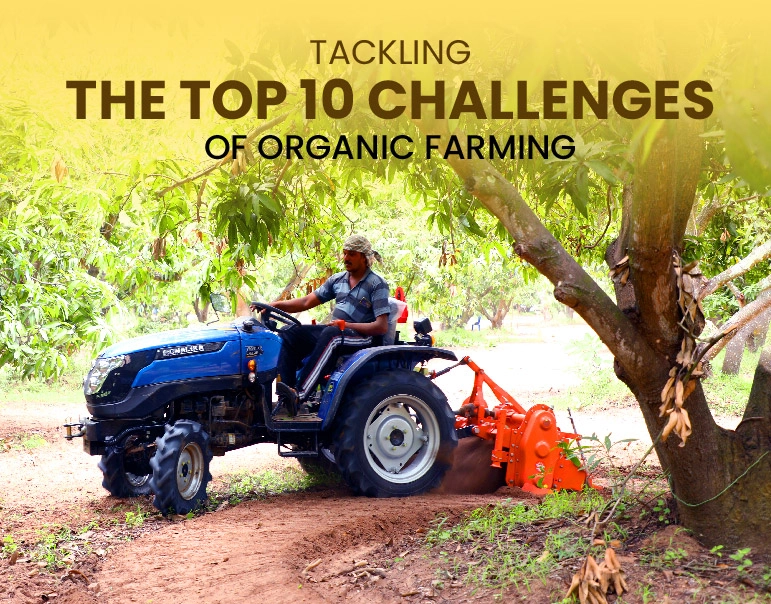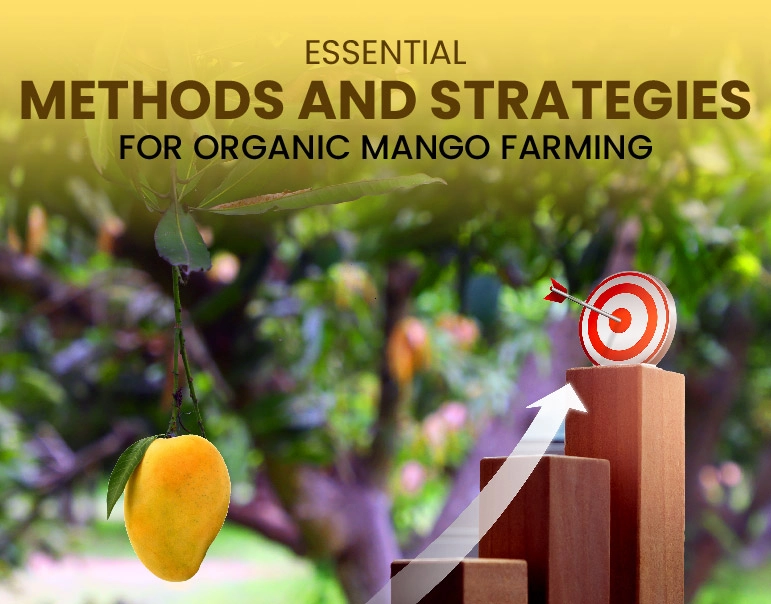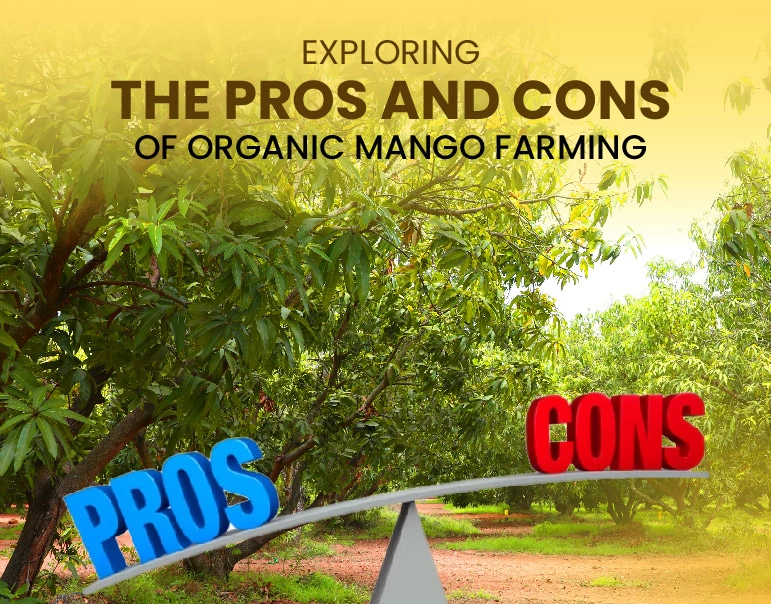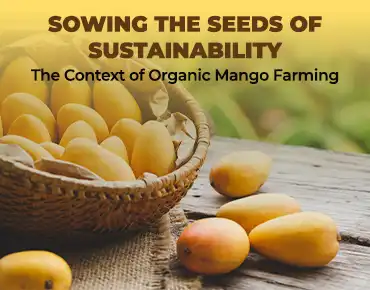Why Investing in Agricultural Land is a Smart Move for the Future?
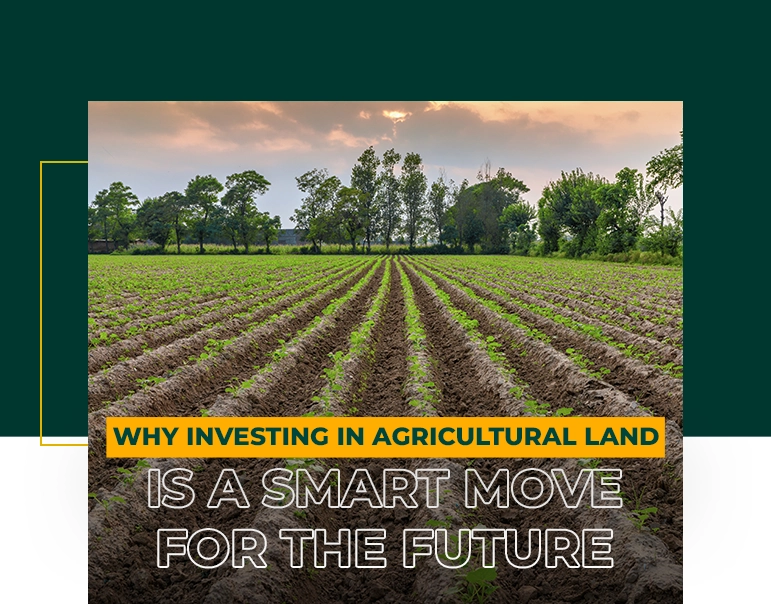

During a period when urban real estate dominates most investment discussions, people sometimes overlook the increasing value of agricultural property. However agricultural land is fast becoming popular as a profitable, steady, and sustainable investment as more investors see the significant advantages that accompany owning farmland. Agricultural land could be your next wise purchase, whether your goals are for a passive income stream, long-term capital appreciation, or even a connection to the environment and sustainability. Here are the explanations.
The continuous growing demand for food is one of the most convincing arguments for buying agricultural land. Food and other agricultural products are in more demand as the world's population keeps rising. Experts predict that the world's population will reach approximately 10 billion by 2025, necessitating increased food production.
Purchasing land puts you in the heart of a growing sector that is vital for existence. The growing demand for food can translate into consistent income, whether that means leasing land to farmers, growing food yourself, or simply keeping the land as an appreciable asset. Investors can also choose to invest in specialty sectors like organic farming, which is still becoming more and more popular all over, or grow high-demand products such as fruits, vegetables, and grains.
Agicultural land provides far more security than volatile markets like equities or even urban real estate. Historically, farmland has been a reliable asset class with consistent overtime returns. Although the market conditions for different crops may change, the value of the land generally increases, particularly when viable agricultural land becomes scarce.
A useful diversification tool for investors trying to reduce risk, farmland investments are not susceptible to the same highs and lows as the stock market or commercial real estate. Regardless of external economic changes, the tangible character of property—especially rich land that generates food—gives it inherent value.
Especially in areas where urban growth is driving development closer to rural areas, agricultural property typically increases in value over time. Particularly in developing nations like India, Brazil, and even some areas of the United States, many investors have made large gains just by holding onto land as its values increase.
For example, the conversion of property for urban or commercial use could raise values, generating significant capital gains. Because agricultural property is often passed down through generations, it appeals long-term as a family asset.
The possibility to create passive income is one of the main advantages of owning agricultural land. One common way for investors to get consistent income without being directly involved in daily farming operations is leasing land to nearby businesses or farmers. While in the United States landowners may lease out property for maize, soybeans, and more, in nations like India many investors are leasing agricultural land to farmers who produce high-value crops like mangoes, rice, and wheat.
Apart from leasing, some investors choose to become profit-sharing partners with farmers or agribusinesses, depending on the sale of goods or cattle. Regardless of the situation, agricultural land can provide a consistent and reliable source of income, which investors can use to supplement or reinvest.
Any beneficial investment plan depends on diversity; hence, agricultural land offers a means to balance your portfolio. Although most individuals invest in equities, bonds, or urban real estate, farmland is an alternative asset class with minimal relationship to conventional financial markets. Especially in times of market instability or inflation when other assets could underperform, this diversification is crucial.
Because everyone always needs food, external market collapses often have an impact on farmland. Agricultural land offers investors protection for their portfolios; its value usually stays constant or even increases during times of economic chaos.
While over time inflation may depress cash and other conventional assets, agricultural land has shown to be a strong barrier against inflation. Farmland value usually rises as food and agricultural products become more expensive with inflation. This allows landowners to keep, or perhaps increase, their wealth in the face of rising inflation.
Furthermore, the lack of viable agricultural land drives its value over time is the limited availability of viable agricultural land. Keeping real, profitable assets like agricultural land helps investors preserve their wealth over the long run, as inflation lowers the buying value of money.
Investors around the world are starting to give sustainability and environmental stewardship top priority. Particularly for individuals wishing to support organic farming, forestry, or conservation initiatives, owning and tending agricultural land fits with sustainable methods. Because of the increased market demand for organic and environmentally friendly products, sustainable farming methods not only help the environment, but they could also result in higher returns for investors.
Furthermore, offering possibilities for profit while supporting environmental sustainability are land conservation projects, which focus on rebuilding natural ecosystems or preparing land for eco-tourism.
For agricultural landowners, many governments provide appealing tax advantages, grants, and subsidies. For instance, the government of India offers different subsidies for farmers and landowners using drip irrigation, organic farming, and other environmentally friendly methods. While increasing profitability, these incentives can help cover the costs of preserving and improving agriculture.
Farmers and landowners in affluent countries like the United States can also benefit from federal and state subsidies meant to guarantee food security and boost agricultural expansion. These incentives serve to lower the general cost of owning and running agricultural property, thereby making it an even more attractive investment.
Agritourism is growing in popularity as consumers search for unusual vacation experiences and a greater connection to the environment. By creating agritourism companies on their farms and providing events such as guided farm tours, fruit picking excursions, and farm stays, investors may profit from this trend. This not only generates more money but also diversifies the possible uses of the land, therefore enhancing its value.
For example, mango plantations in India may welcome guests to select their own fruit or explore the property, thus providing an interesting experience and income generation tool. Agritourism helps to advertise the farm and its goods, increasing its profitability.
Agricultural land is a wise investment with many advantages, not just a place to produce food. From capital appreciation and passive income to diversification and sustainability, owning real estate offers a wide range of possibilities for wise investors. Agricultural land stands out as a real asset with long-term profitability as global food demand rises and inflation keeps on, while urbanization accelerates forward.
Investing in farmland could be your next wise financial decision, whether your goals are for a safe investment, a consistent income stream, or a means of supporting environmental initiatives.
